
The Age of Intoxication Origins of the Global Drug Trade

news, new scholarship & more from around the world





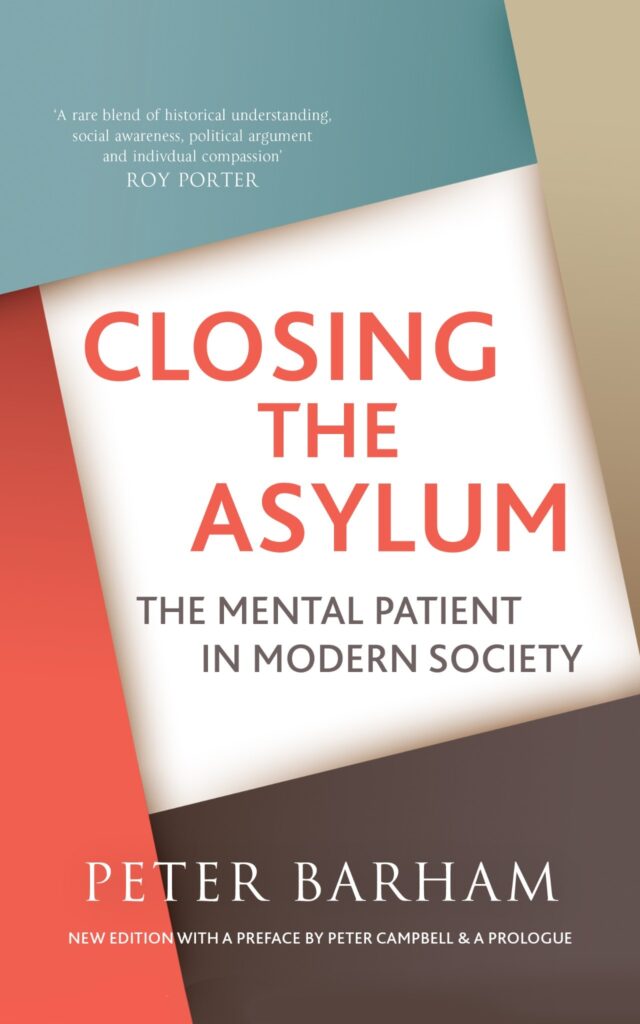
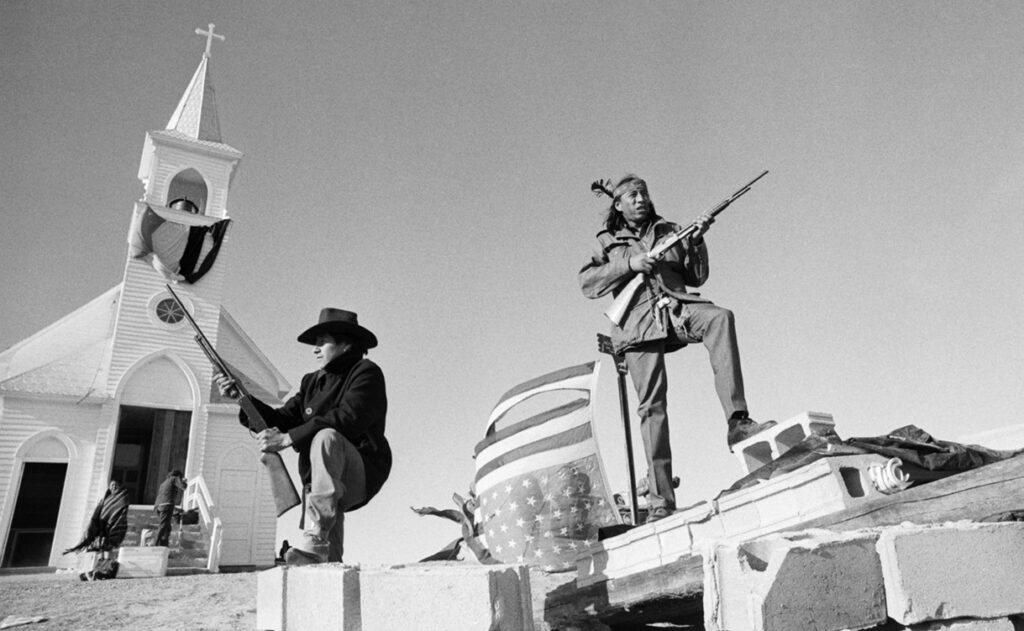
Members of the American Indian Movement and the Oglala Sioux in a stand-off with FBI agents, National Guard soldiers, and federal marshals at Wounded Knee in March 1973.
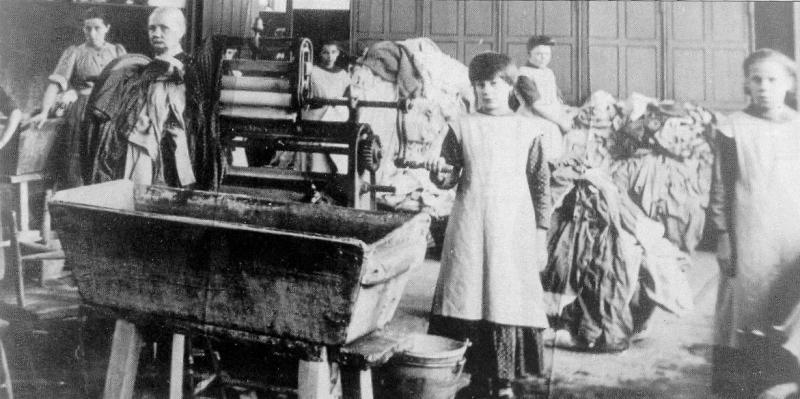
An unidentified Magdalene laundry in Ireland in the early twentieth century.





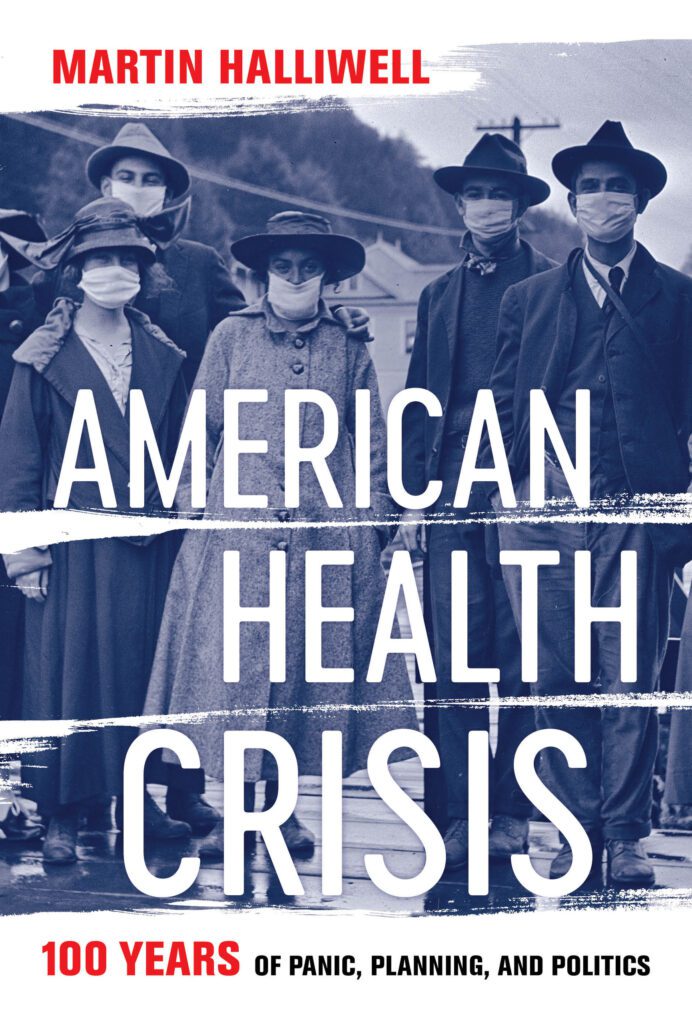
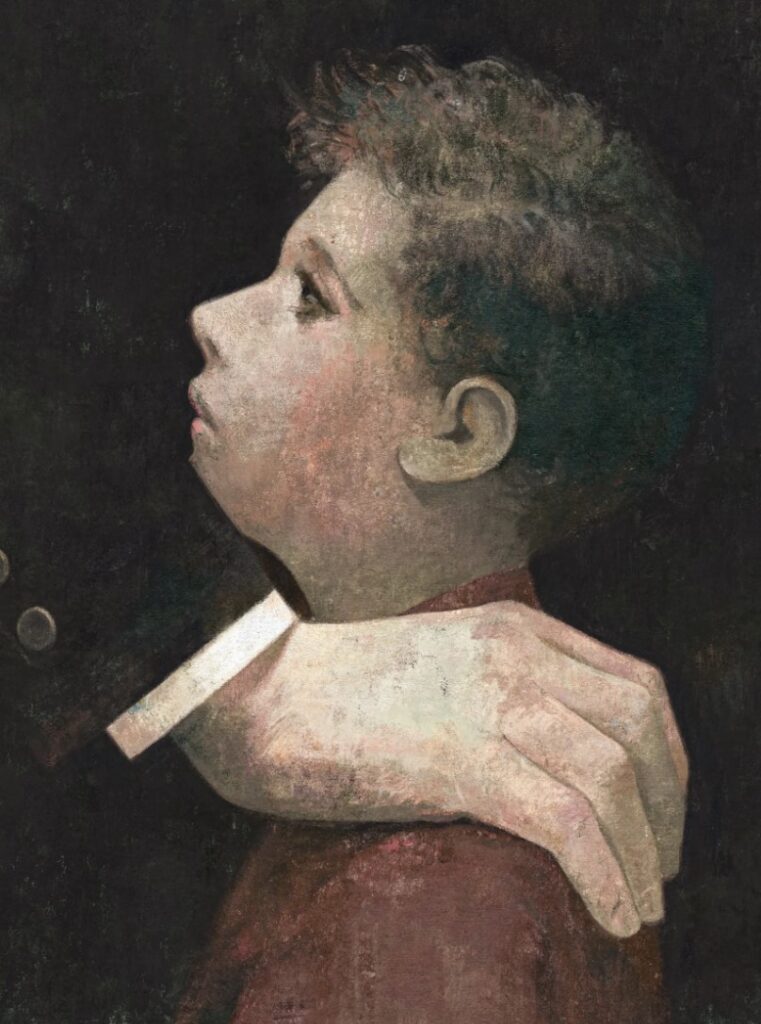

See clip from the film here: The Snake Pit
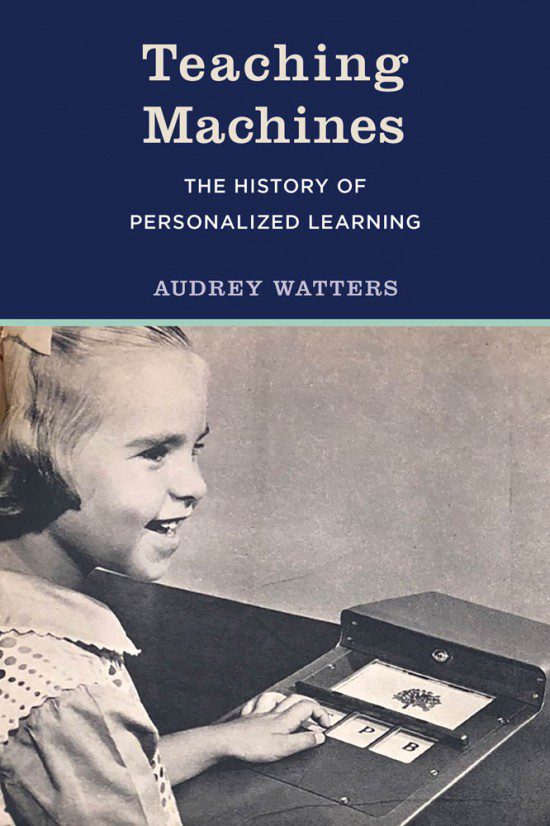

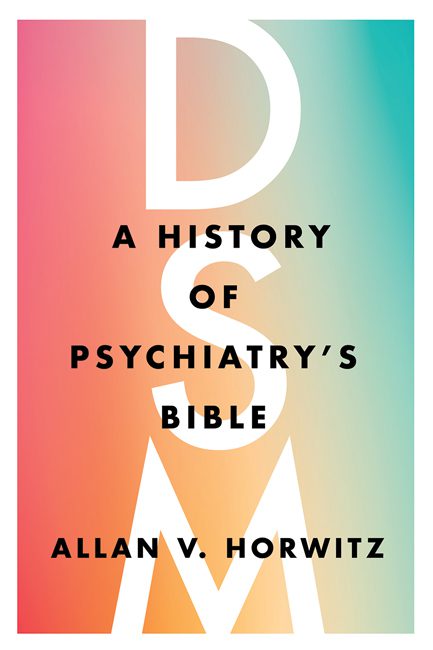
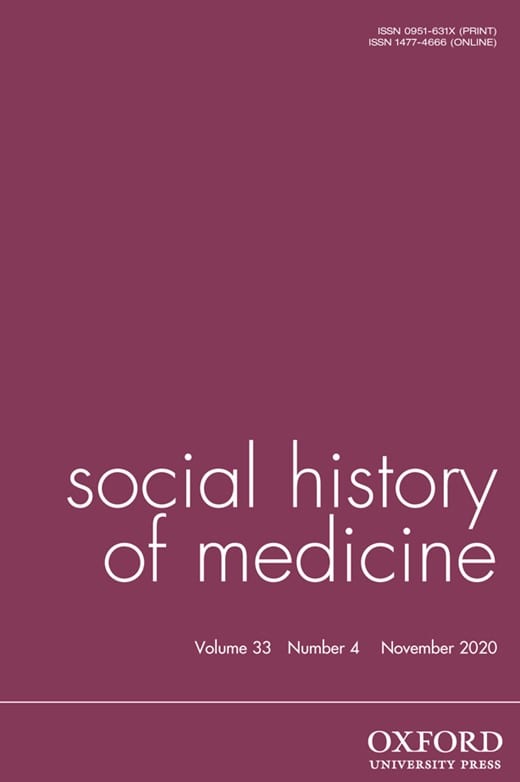

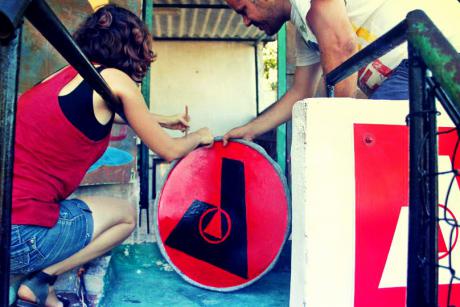
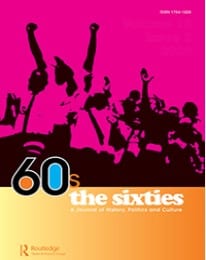



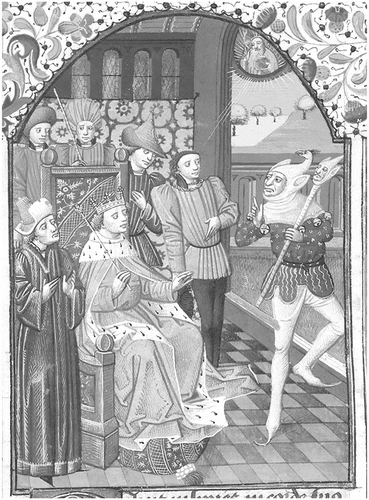
A fool, beginning of Psalm 52. Bible du XIIIe siècle. 1475(?); Rouen, France

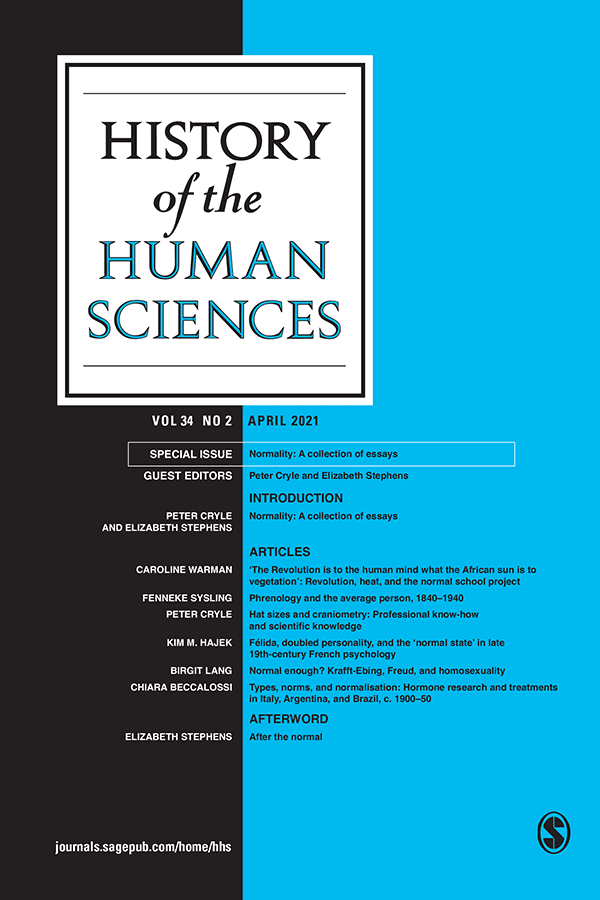

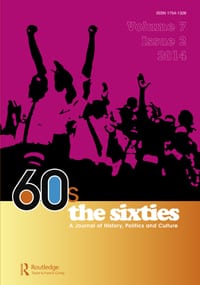
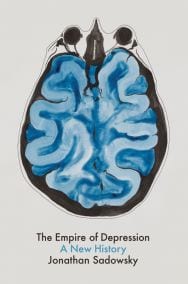
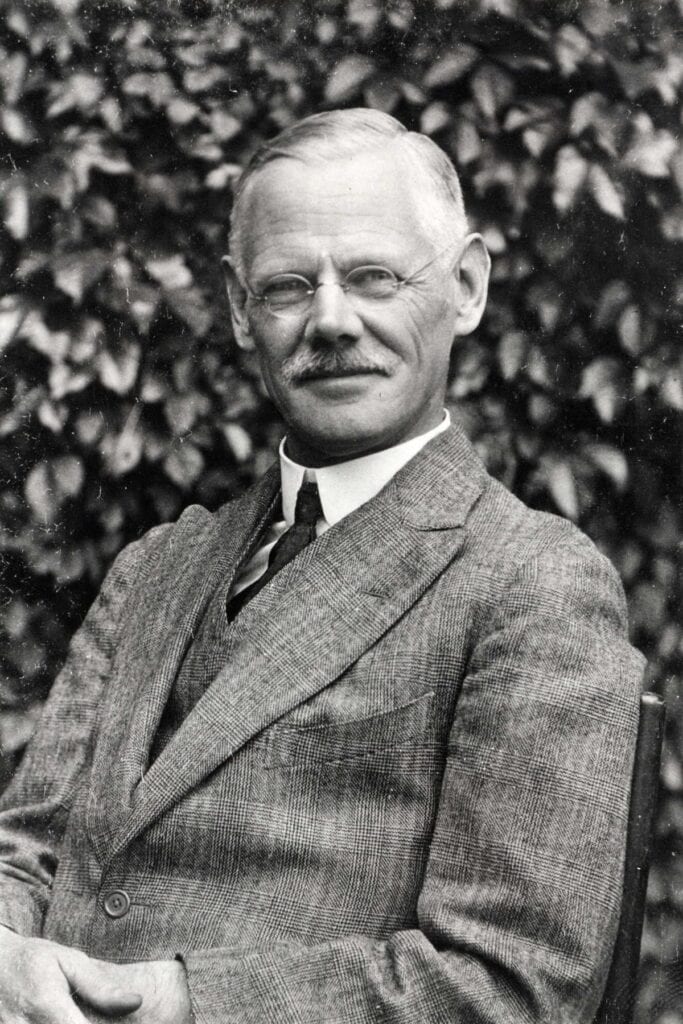
Social reformer: Seebohm Rowntree

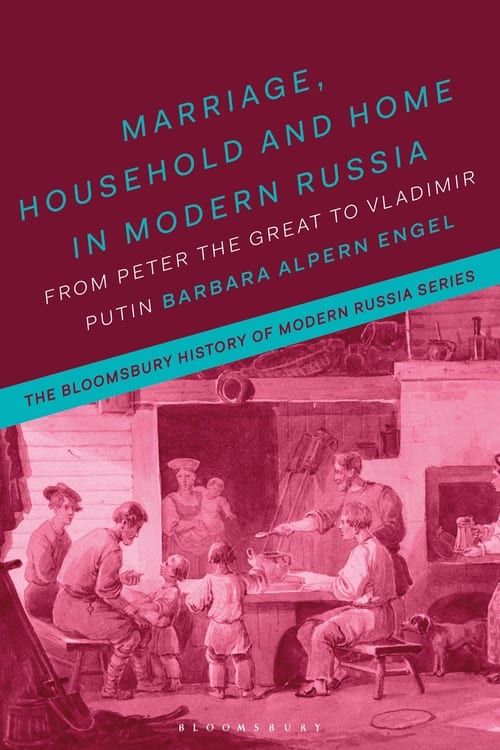

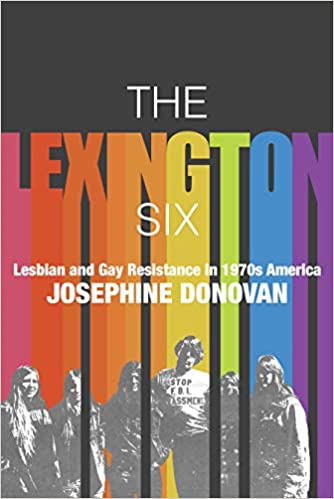
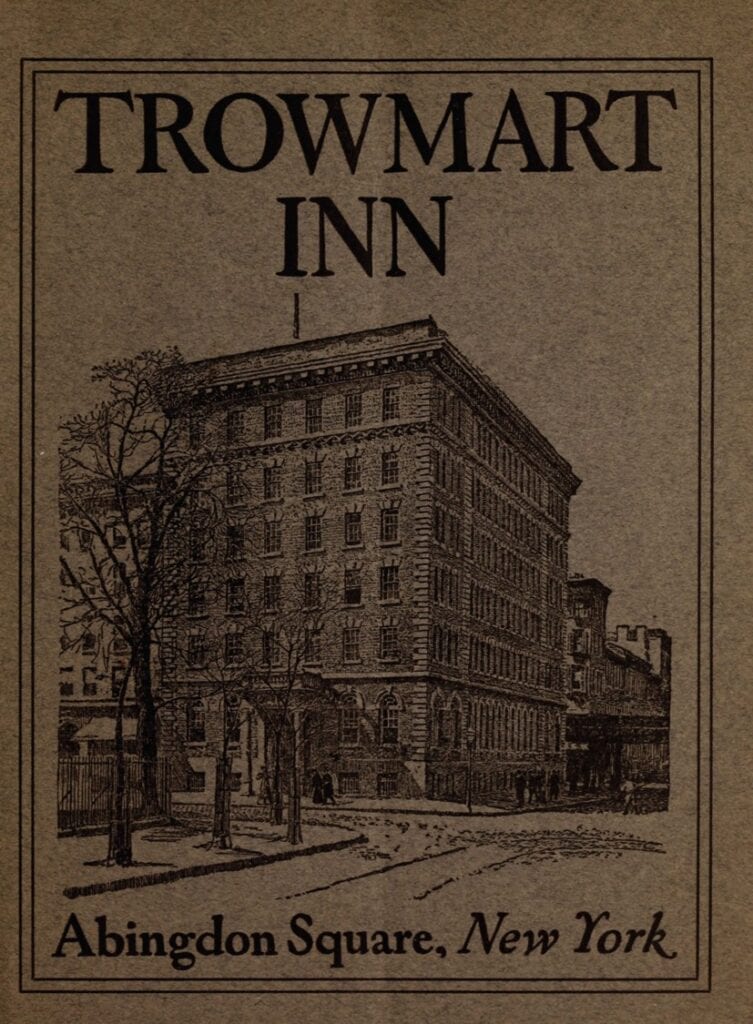
Completed in 1906, the Trowmart picked up on the ideas put into practice at the Martha Washington and, for the first time, provided accommodation for the working-class girl without the strict rules of a “Moral Home.”

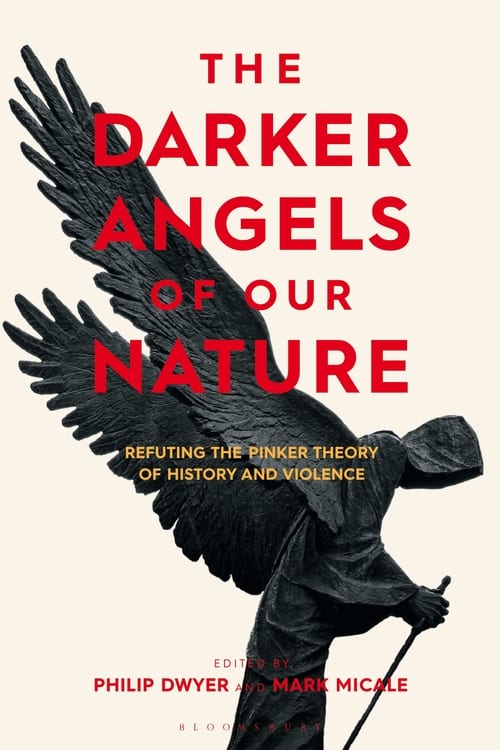


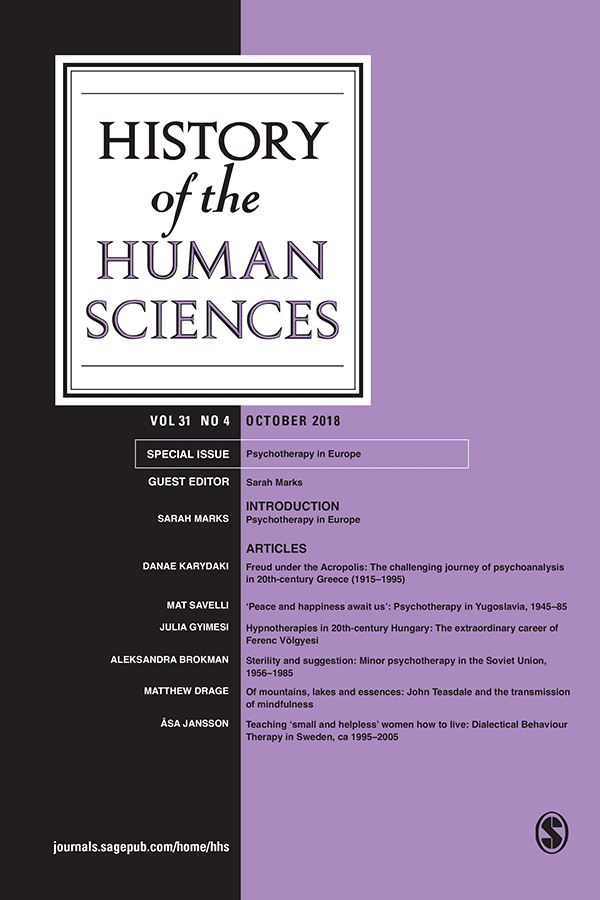
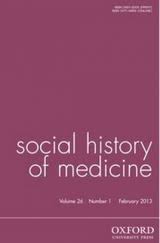
In Search of Sexual Health: Diagnosing and Treating Syphilis in Hot Spring, Arkansas, 1890-1940, BowenElliott, Johns Hopkins University Press, 2020. Pp. 218. $49.95. ISBN 9781421438566.
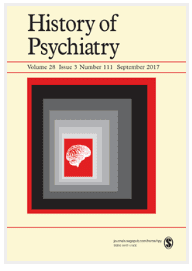
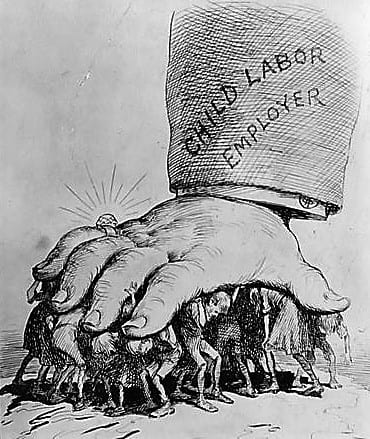
Child welfare is an all encompassing term covering a broad swath of American social welfare initiatives, policies programs and organizations concerned with child labor, orphans, foster care, child abuse, child care and elementary education.
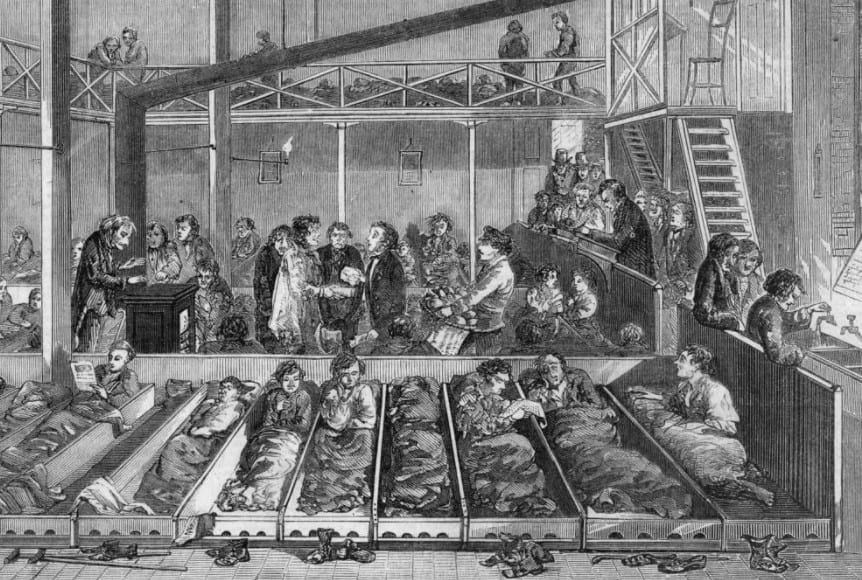
Homeless men coming for shelter in 19th century London.
